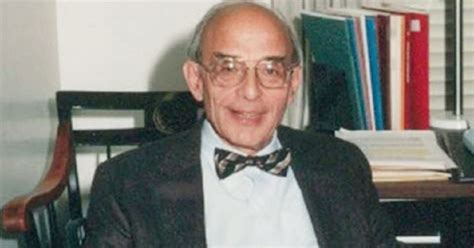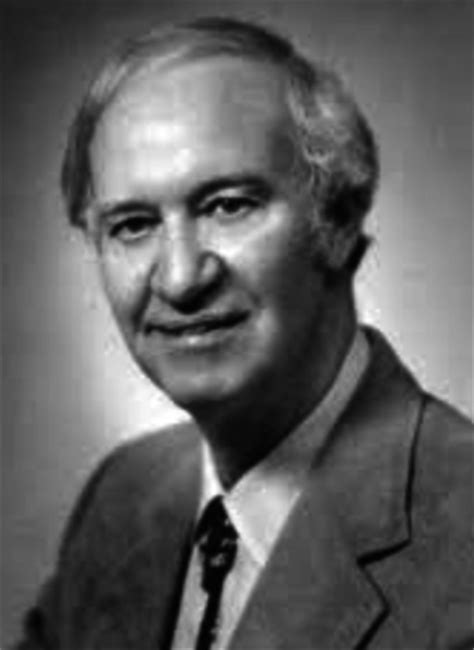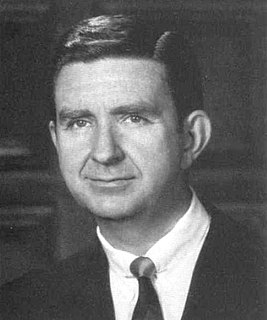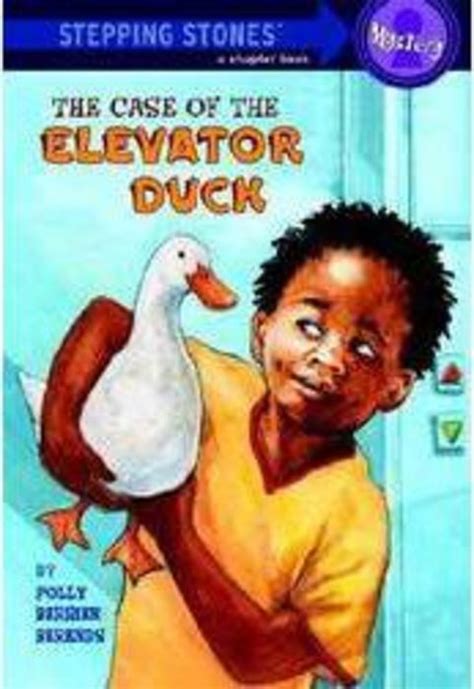A Quote by Chris Argyris
Success in the marketplace increasingly depends on learning. Yet most people don't know how to learn.
Related Quotes
We will learn no matter what! Learning is as natural as rest or play. With or without books, inspiring trainers or classrooms, we will manage to learn. Educators can, however, make a difference in what people learn and how well they learn it. If we know why we are learning and if the reason fits our needs as we perceive them, we will learn quickly and deeply.
Perhaps the most important thing I could say is to never be thrown by failure and mistakes. Each and everything that happens, even if it was not what you hoped would happen, is a valuable, life-learning tool. And you will only achieve success if you know how to learn from your failures and mistakes. It’s vital.
Learning is not automatic. You do not automatically know how to read because you turn five. Most of us are sensitive to the fact that we still have something to learn at every step of the way. Learning is not automatic. It comes with seeking and searching, with reading and watching, with thinking, praying, and listening.
I believe that our society's "mistake-phobia" is crippling, a problem that begins in most elementary schools, where we learn to learn what we are taught rather than to form our own goals and to figure out how to achieve them. We are fed with facts and tested and those who make the fewest mistakes are considered to be the smart ones, so we learn that it is embarrassing to not know and to make mistakes. Our education system spends virtually no time on how to learn from mistakes, yet this is critical to real learning.
Whether your focus is on preserving and strengthening family ties in a world of increasingly unstable relationships, gaining access to a decent job, growing and evolving as a person, or guiding a company through the stormy seas of a fiercely competitive global marketplace-whether your goals are material, emotional, or spiritual-the price of success is the same: thinking, learning. To be asleep at the wheel-to rely only on the known, familiar, and automatized-is to invite disaster.

































